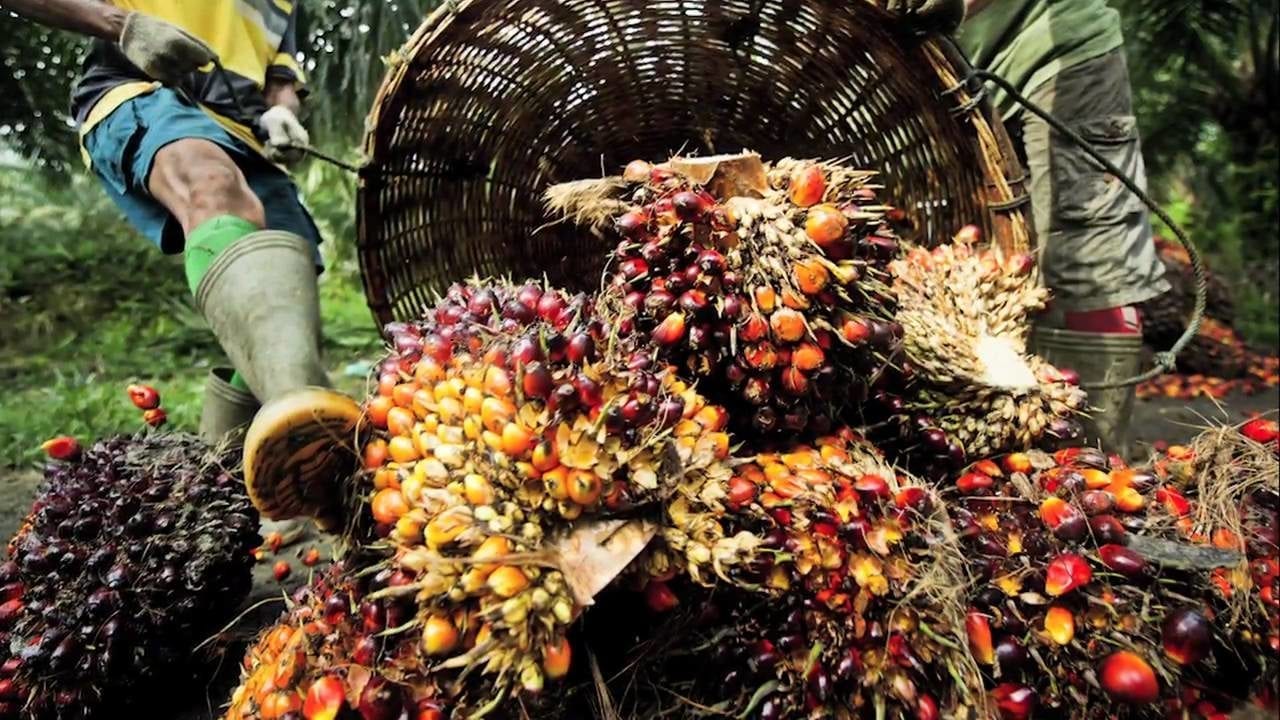
President Joko “Jokowi” Widodo signed a moratorium on new oil palm plantation permits on Wednesday (19/09) and ordered a review of existing permits amid growing concern over deforestation in the country.
The instruction, which is set to remain in place for three years, applies to new and submitted requests, as well as those approved but do not yet include set boundaries and those inside natural forests.
Jokowi initially promised to issue the moratorium on April 2016, after months of forest fires and haze, which affected Indonesia and neighboring Malaysia and Singapore.
He ordered ministers and regional governments to improve the management and productivity of sustainable oil palm plantations as part of efforts to preserve the environment, as laid out in a 2018 presidential instruction on license suspension and evaluation of oil palm plantations.
In a report published earlier this week, Greenpeace International said 25 palm oil producers supplying some of the world’s largest brands, including Unilever, Mondelez and L’Oréal, have destroyed more than 130,000 hectares of natural forest in Indonesia since 2015.
The Indonesian Forum for the Environment (Walhi) welcomed the long-awaited signing of the document and pointed to several issues the government still has to watch out for, including law enforcement against companies violating existing regulations.
Walhi, the oldest environmental advocacy group in Indonesia, added that the wellbeing of oil palm farmers must also be considered as part of efforts to boost productivity of plantations.
“In the long-term, this moratorium should ideally be in place for 25 years … because in our view, environmental recovery takes a long time,” the group said in a statement.
It added that the license evaluation process must form an inseparable part of the president’s flagship land reform program.
Meanwhile, the Indonesian Palm Oil Association (Gapki) said it supports government efforts to make palm oil sustainable and improve productivity in the sector.
“However, because the presidential instruction was just issued recently, Gapki needs to study the document and coordinate with relevant ministries to avoid multiple interpretations and disincentives in the palm oil industry,” Gapki spokesman Tofan Mahdi said.
Indonesia is the world’s largest palm oil producer. The country exports of the commodity reached its highest ever value last year at $23 billion, which was a 26 percent increase from 2016.

